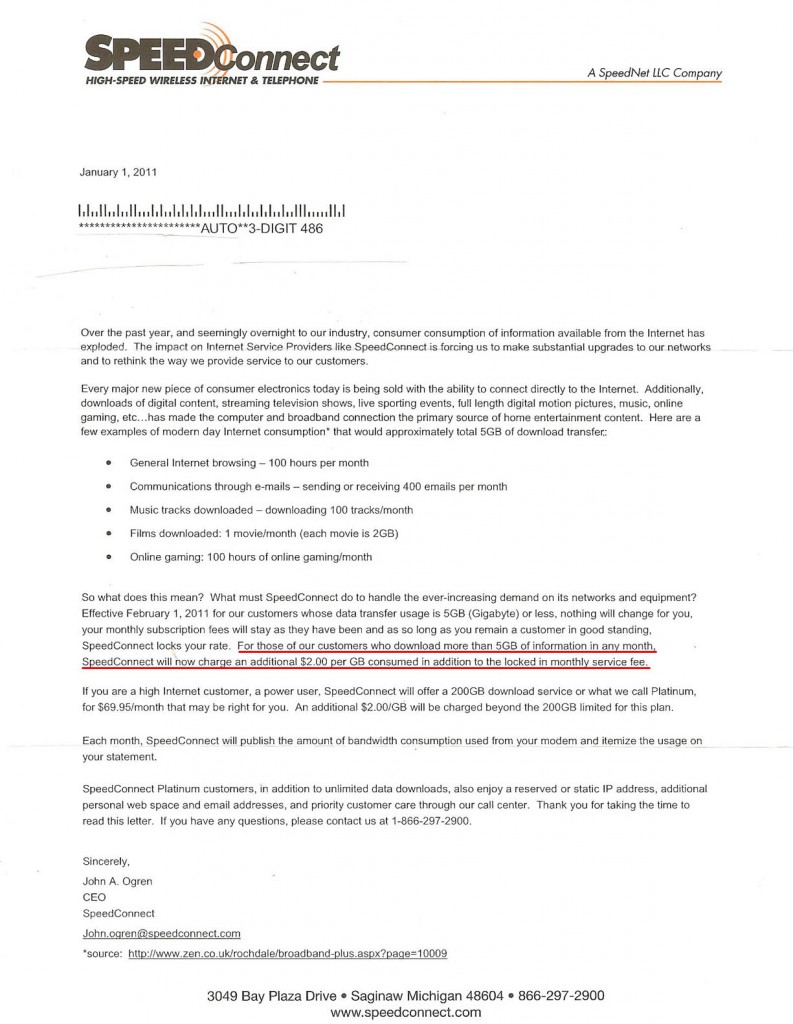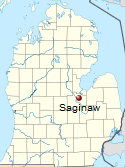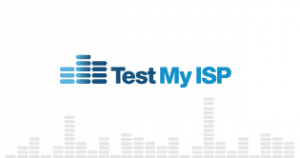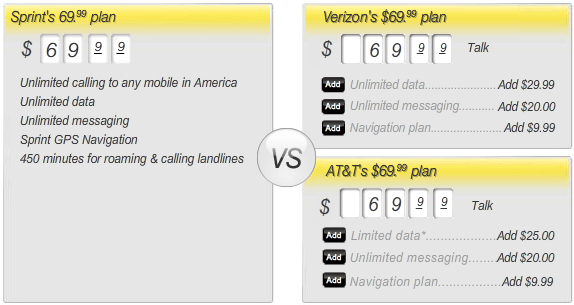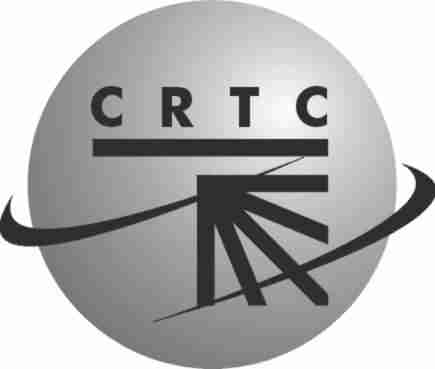 A wireless ISP (WISP) serving parts of Michigan and eastern Iowa has informed customers that due to their enthusiastic use of the Internet, the company was slapping a 5GB monthly usage limit on customers effective Feb. 1.
A wireless ISP (WISP) serving parts of Michigan and eastern Iowa has informed customers that due to their enthusiastic use of the Internet, the company was slapping a 5GB monthly usage limit on customers effective Feb. 1.
SpeedConnect, based in Saginaw, Mich., informed customers in a letter that those who exceed the company’s new usage limit face a penalty overlimit rate of $2.00 per gigabyte. An alternative 200GB “Platinum” monthly usage plan, including phone service, was also announced for $69.99 per month.
That’s a steep rate increase for customers accustomed to receiving around 3Mbps download x 384Kbps upload speeds for $39.95 per month.
Too much for our reader Greg, who says he has been a SpeedConnect customer for the last decade.
“Ouch,” Greg writes. “I’m changing ISPs over this.”
Company officials blame the usage limits on usage growth. The company’s letter states, “[growth] is forcing us to make substantial upgrades to our networks and to rethink the way we provide service to our customers.”
Now customers will rethink using SpeedConnect for their Internet access.
SpeedConnect’s attempt to collect upgrade funds from their customers, which the company admits are increasingly turning to broadband for home entertainment and information, comes at the same time the company had no trouble dipping into the kitty to buyout CommSpeed of Arizona’s 2.5GHz spectrum holdings and customers based in Eastern Iowa.
The same CEO that signed the letter telling customers to use less of their service or pay dramatically more was thrilled about “the exciting new chapter” its merger/acquisition would open.
“The completion of this acquisition is a significant event for our customers, communities, investors, and employees,” said John A. Ogren, President and Chief Executive Officer.
Saginaw residents are not well-served by AT&T, which has left major gaps in the economically-stressed region’s broadband coverage options. We had a hard time finding landlines in Saginaw and nearby townships pre-qualified for AT&T DSL to offer a price comparison. After much searching, we discovered AT&T heavily markets DSL Pro ($35/$19.95 new customer promo price for one year) which delivers 3Mbps/512kbps service, or Elite ($40/$24.95 new customer promo price for one year) which offers 6Mbps/768kbps service to those who -can- get the service.
AT&T’s Pro plan delivers comparable speeds at lower prices than SpeedConnect charges, all with no usage limits. Users seeking higher speeds can use them without fear of overlimit penalties or a $70 broadband bill using AT&T’s Elite DSL plan.
Greg also notes he has another wireless option, as do many residents and business across central Michigan’s Tri City area, from SkyWeb, which delivers wireless access at speeds ranging from 3-10Mbps. The company does not limit usage and offers new customers a month of free service. A comparable package of services from SkyWeb at 3Mbps is priced $10 less than what SpeedConnect charges.
Wireless ISPs have unique problems trying to keep up with usage demands:
- Many are individually owned and operated and lack sufficient capital to invest in required upgrades to meet today’s Internet multimedia reality;
- Many WISPs serve rural areas where growth opportunities are often limited;
- A few very heavy users could create significant strains on a wireless network that is not infinitely expandable;
- The arrival of competition from telephone, cable, or even cell-phone wireless data plans can present a major threat to the business plans of some providers.
[flv width=”384″ height=”236″]http://www.phillipdampier.com/video/WNEM Saginaw Air Advantage Broadband Grant 9-2010.flv[/flv]
WNEM-TV covered Air Advantage, another regional WISP that won a broadband stimulus grant last fall to expand wireless access in mid-Michigan. (2 minutes)


 Subscribe
Subscribe